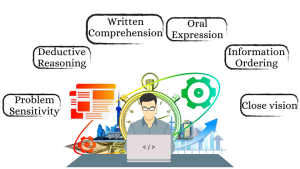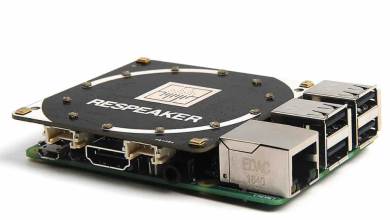
A software quality assurance engineer monitors every phase of the development process to ensure that the design and software meet company standards. A software quality assurance engineer usually assists in meeting deadlines by breaking down the development process into measurable testing objectives. They report all difficulties to the development and product teams or management.
What are the roles and responsibilities of a Software Quality Assurance Engineer?

A software quality assurance engineer manages the entire development process from start to end, and they are responsible for software design, source code control, and configuration management. A software product’s financial success is primarily linked to its quality and its ability to reach the market on time.
Here are some roles and responsibilities of a Software Quality Assurance Engineer
The responsibilities of software quality assurance can be varied and extensive. They usually do the following things regularly:
- Create and implement systems for detecting and resolving problems.
- Test cases must be documented.
- Perform and write a risk assessment.
- Keep track of your test progress and outcomes.
- Create tests that are automated.
- Make test plans.
- Develop standards and methods to determine product quality and readiness for release.
- Find software flaws.
- It Improves overall testing processes and encourages creativity.
- Detects, isolates, and tracks issues throughout the testing process.
- Identify any potential problems that users may face.
- Conduct both human and automated testing.
- Investigate and evaluate the characteristics of the product under test.
- Investigate new tools, technologies, and testing methods.
- Consistency and functionality of user interfaces should be checked.
What Should Software Quality Assurance Engineers Know?

- Problem Sensitivity: It refers to the ability to recognize when something is incorrect or about to go wrong. It does not include resolving the issue; rather, it entails acknowledging that one exists.
- Deductive Reasoning: It refers to applying general rules to specific problems to reach logical conclusions.
- Written Comprehension: It is the capacity to comprehend the information, ideas, and sentences provided in written words.
- Oral Expression: Oral Expression is known as the ability to convey information and thoughts to others in a way that they can grasp.
- Information Ordering: It is particularly understood as the ability to organize items or events in a precise sequence or pattern based on a set of rules.
- Close vision: It can see fine details in close range.
Skills and Competencies of a Software Quality Assurance (QA) Engineer
Software quality assurance requires engineering and technology, math and science, verbal and written communication, problem-solving, reasoning and logic, and practical abilities. These can include the following:

- Time Management Skills
Working in a team entails adhering to other people’s schedules and completing tasks on time. Because you never know when an issue will develop, staying on track might be difficult.
- Communication Skills
A software quality assurance engineer must communicate clearly and accurately in both written as well verbal form. Your mission will be to notify other experts that they’ve made a mistake and that the program or app they’ve invested time, money, and passion in isn’t performing effectively, and nobody wants to hear that.
- Team Management Skills
You may not be the only software quality assurance engineer at your organization, and you’ll almost probably be collaborating with other programmers and members of other departments. You must understand and respect their objectives and ambitions and, in some cases, express the obstacles and solutions required.




